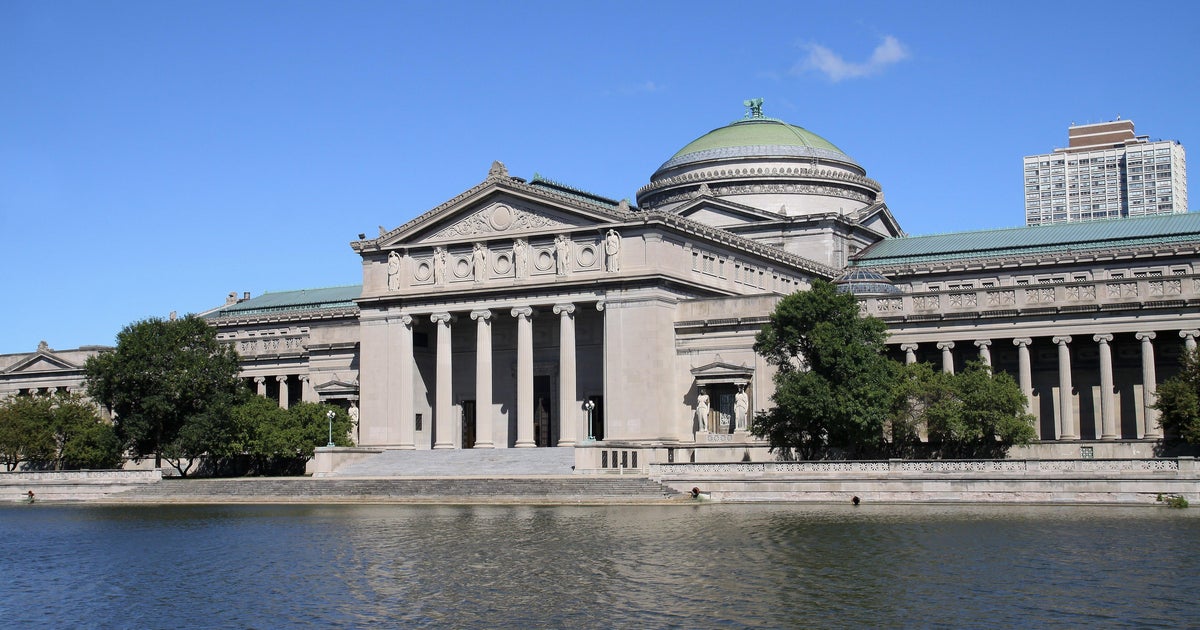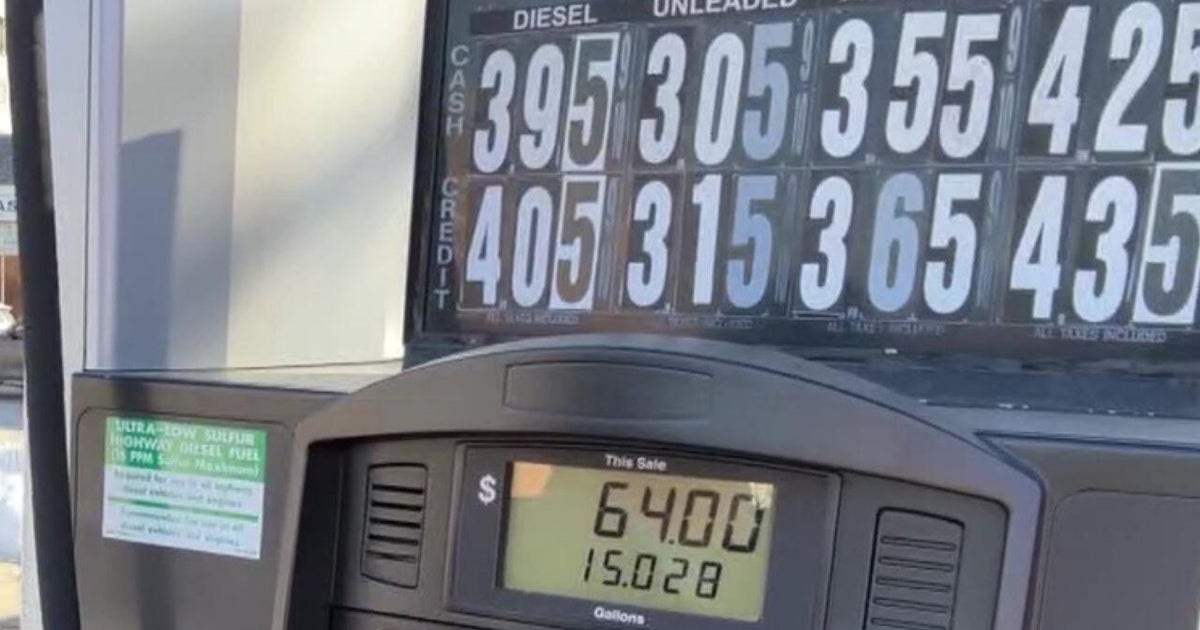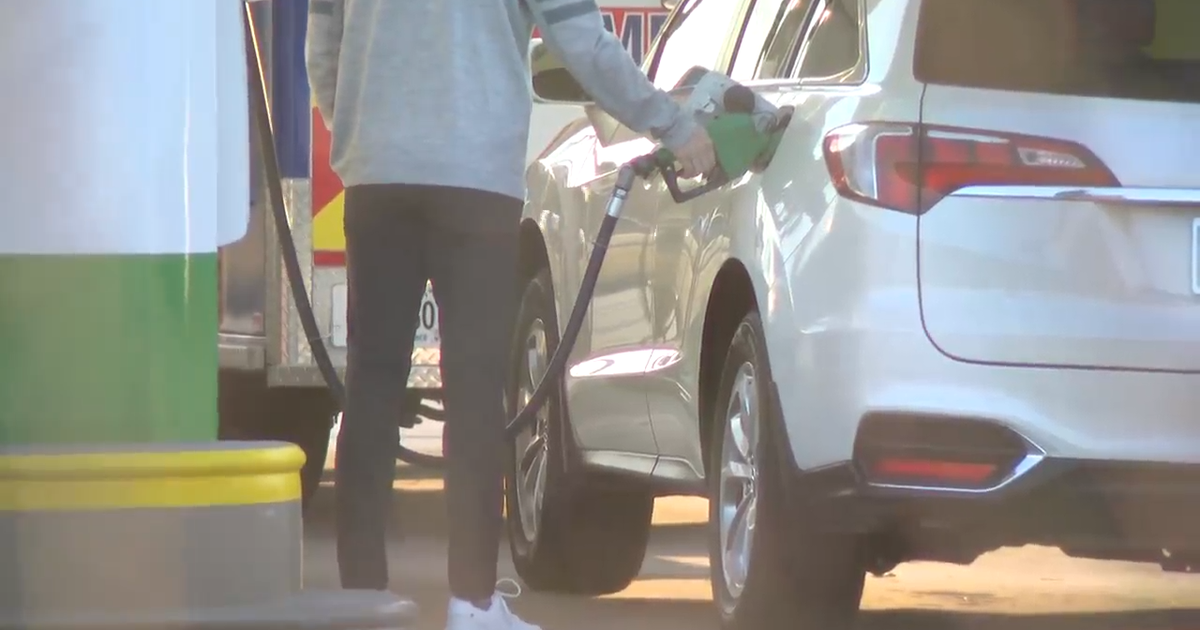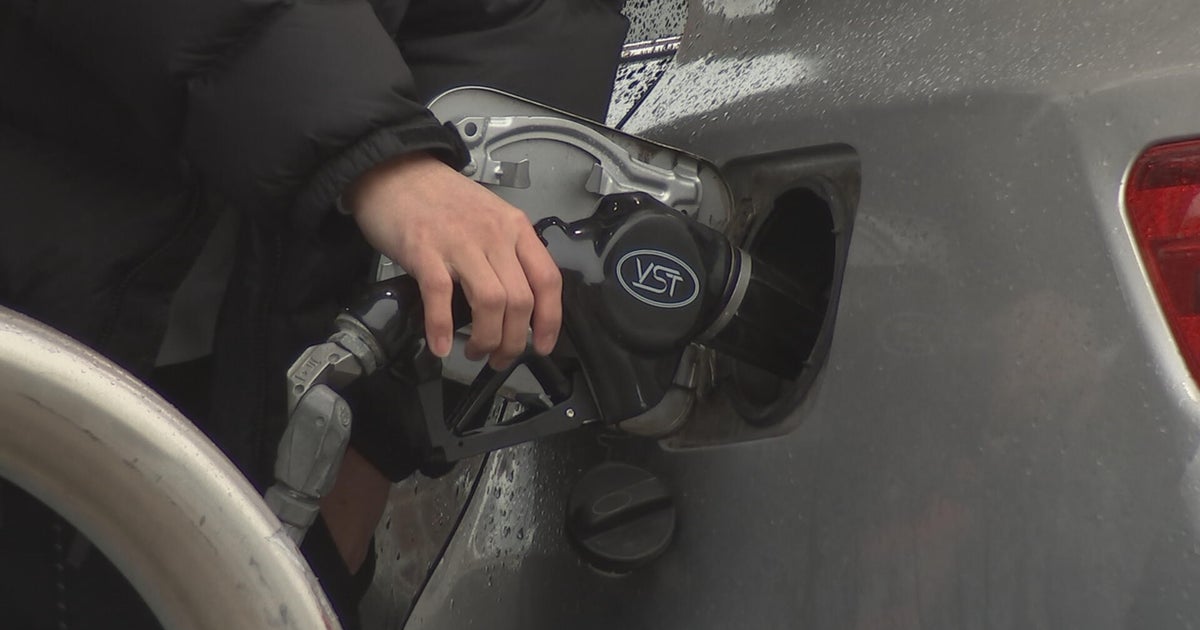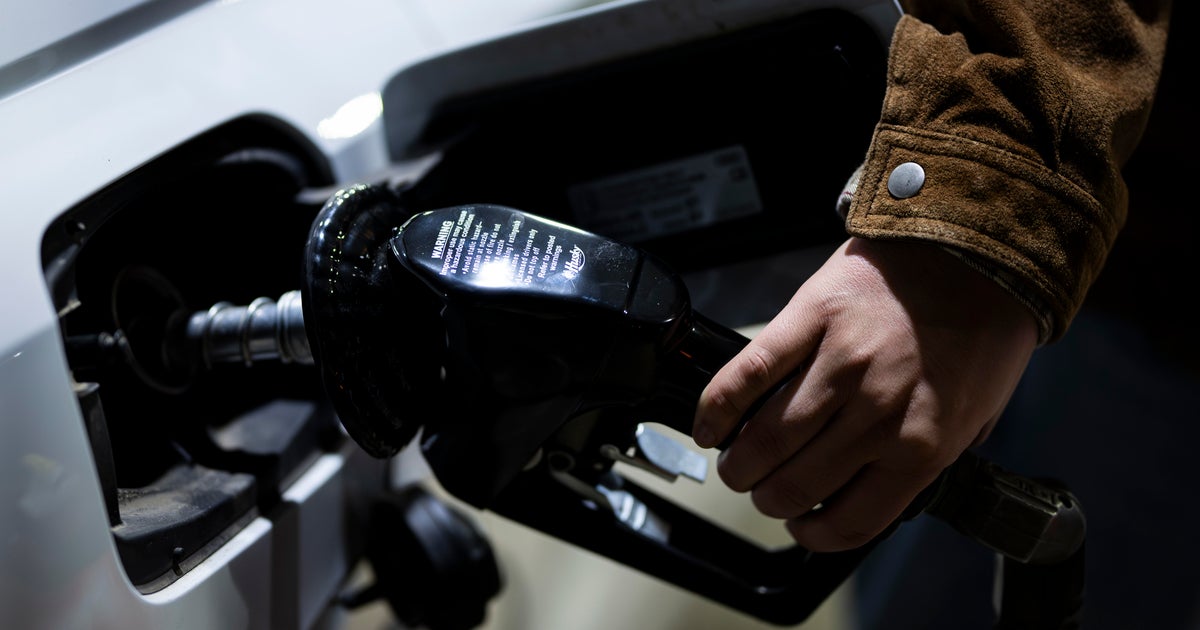How To Improve Your Gas Mileage By Changing Your Behavior
Simple changes to driving behavior can significantly reduce individual carbon footprints and increase gas mileage efficiency. When cars burn gasoline, they emit carbon dioxide into the atmosphere, which acts as a greenhouse gas by absorbing and radiating heat back down to earth. Reducing dependence on cars and modifying driving behavior will help mitigate climate change and improve air quality.
Start carpooling. Whether driving from home to work or from destination to destination, carpooling with family members, friends, neighbors and other commuters is a green behavior that can be easily developed. In many metropolitan areas, van-sharing systems exist that organize workers and students to get to desired destinations in timely manners. In addition, many ride-sharing services, such as Uber and Lyft, have become popular and offer another option besides taxi services.
Use alternative transportation. Buy a bike, skateboard or longboard. Become familiar with bus routes, light rail and subway systems. Figuring out the discounts and monthly rates help save money on public transportation. Often times, public transportation is much more convenient than driving. In particular, in urban settings, public transportation is a great option when limited parking space is available.
Consolidate errands. In a fast-paced lifestyle, last-minute errands are often inevitable. However, planning trips in consecutive order can eliminate unnecessary car trips and will ultimately reduce carbon footprint. Also, planning errands around home or work places will decrease gas mileage used.
Walk more, drive less. Although the majority of American cities are planned dependent on the automobile and its infrastructure, walking should be considered as an alternative mode of transportation. Of course, driving is completely necessary sometimes. However, rethinking driving 1,000 feet at a shopping mall from the Macy's entrance to the food court entrance and instead walking will benefit the environment and personal health and fitness. Thus, modifying the norm of driving habits will increase gas mileage efficiency.
Change driving habits. Accelerating too quickly and slamming the breaks burns more gasoline. At times, these tendencies are quite necessary to ensure safety; however, adapting these characteristics routinely is not beneficial for gas mileage. Running the air conditioning and heater on full blast, driving with the windows down and air conditioner or heater on and increasing weight in vehicles will decrease gas mileage efficiency. Concerned drivers can realize their driving habits even more easily by downloading Smartphone apps that display acceleration and breaking rates. For example, the mobile app, greenMeter, calibrates driving behaviors based off of vehicle characteristics, including cost of gasoline (or diesel) and the weight of the car. Acknowledging current driving habits and attempting to change routine practices will benefit gas mileage efficiency and less money will be spent filling up the tank.
You May Also Be Interested In These Stories
Isabel Sepkowitz is a freelance writer. She is an environmentalist who values sustainability, education, and innovation for the emerging green economy. Her work can be found on Examiner.com.
